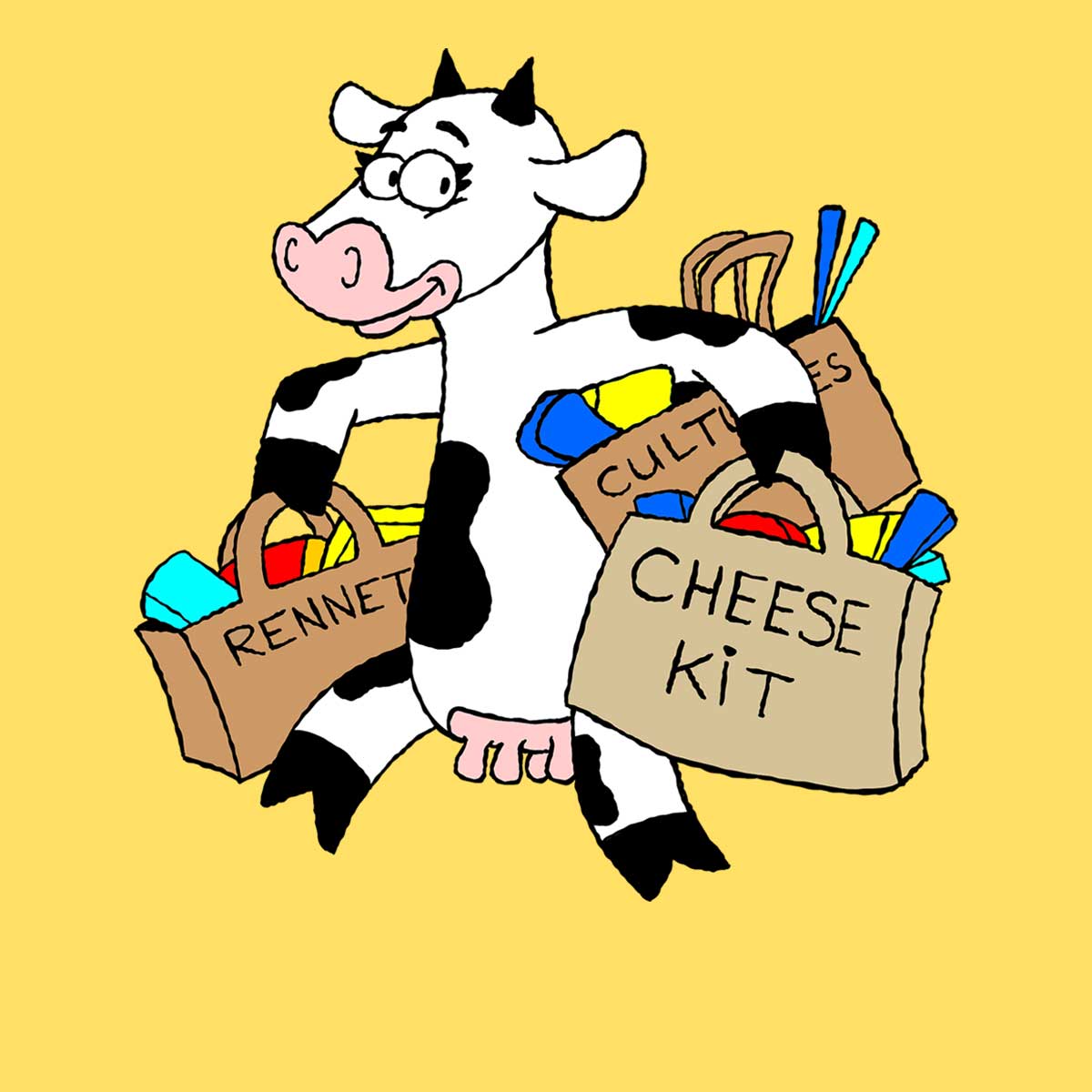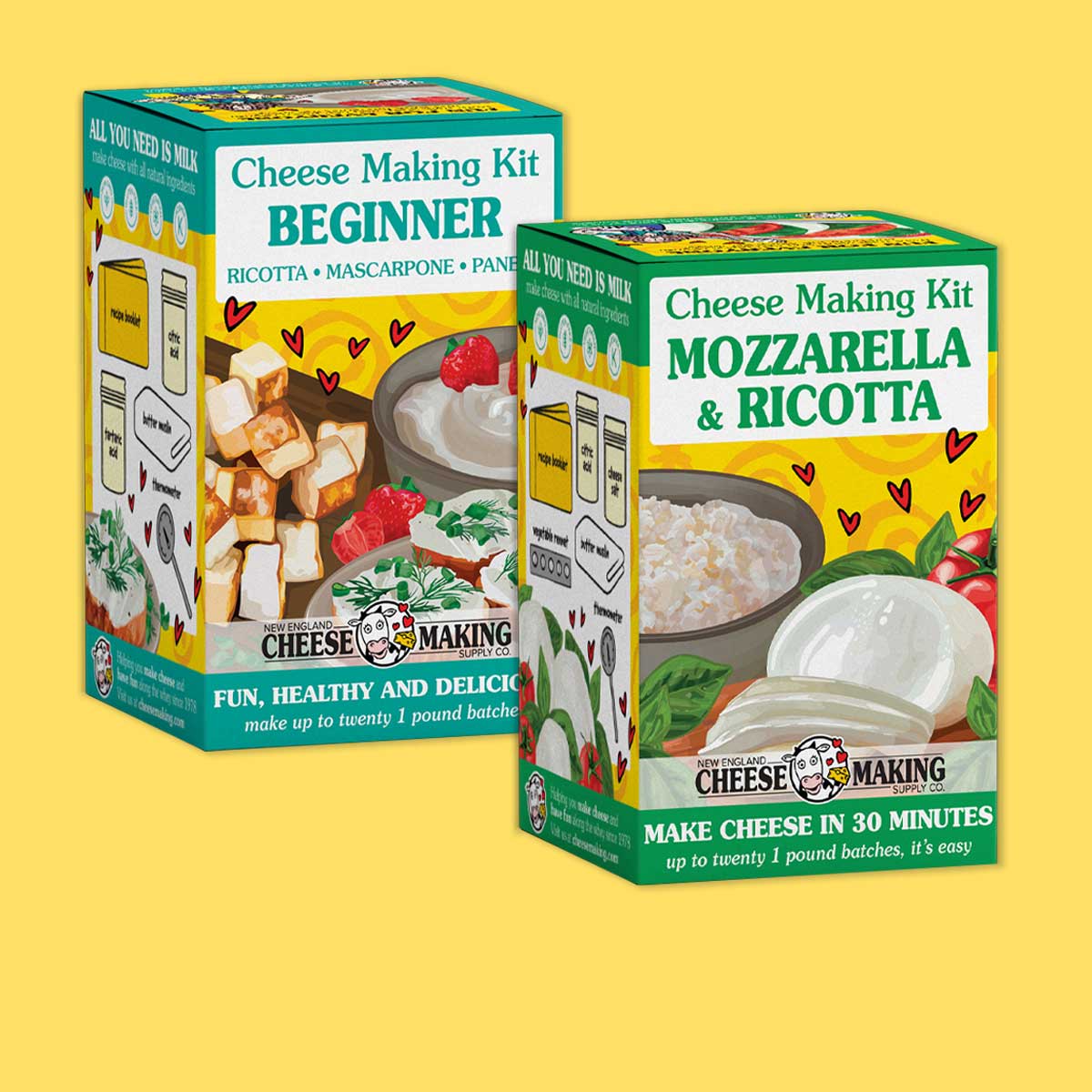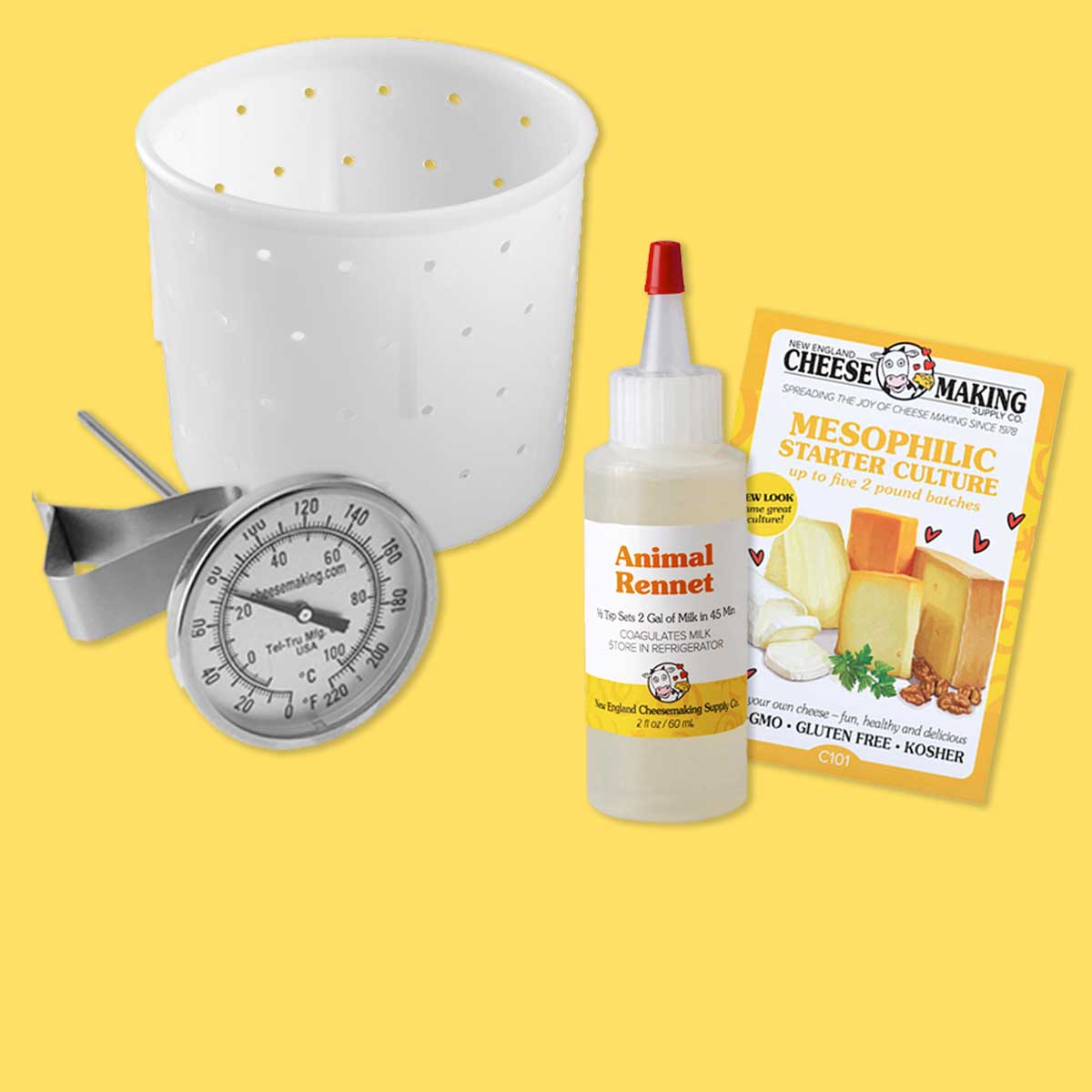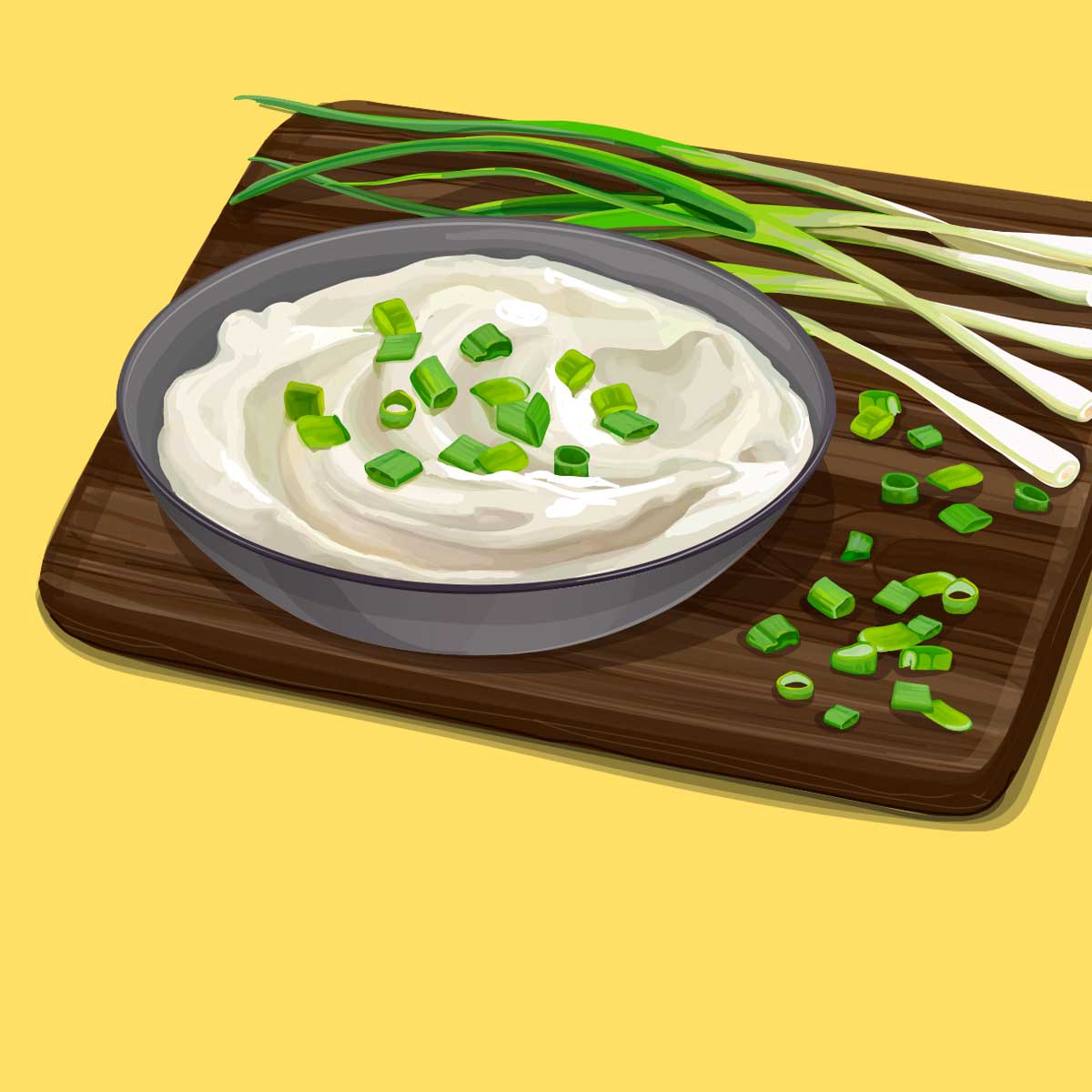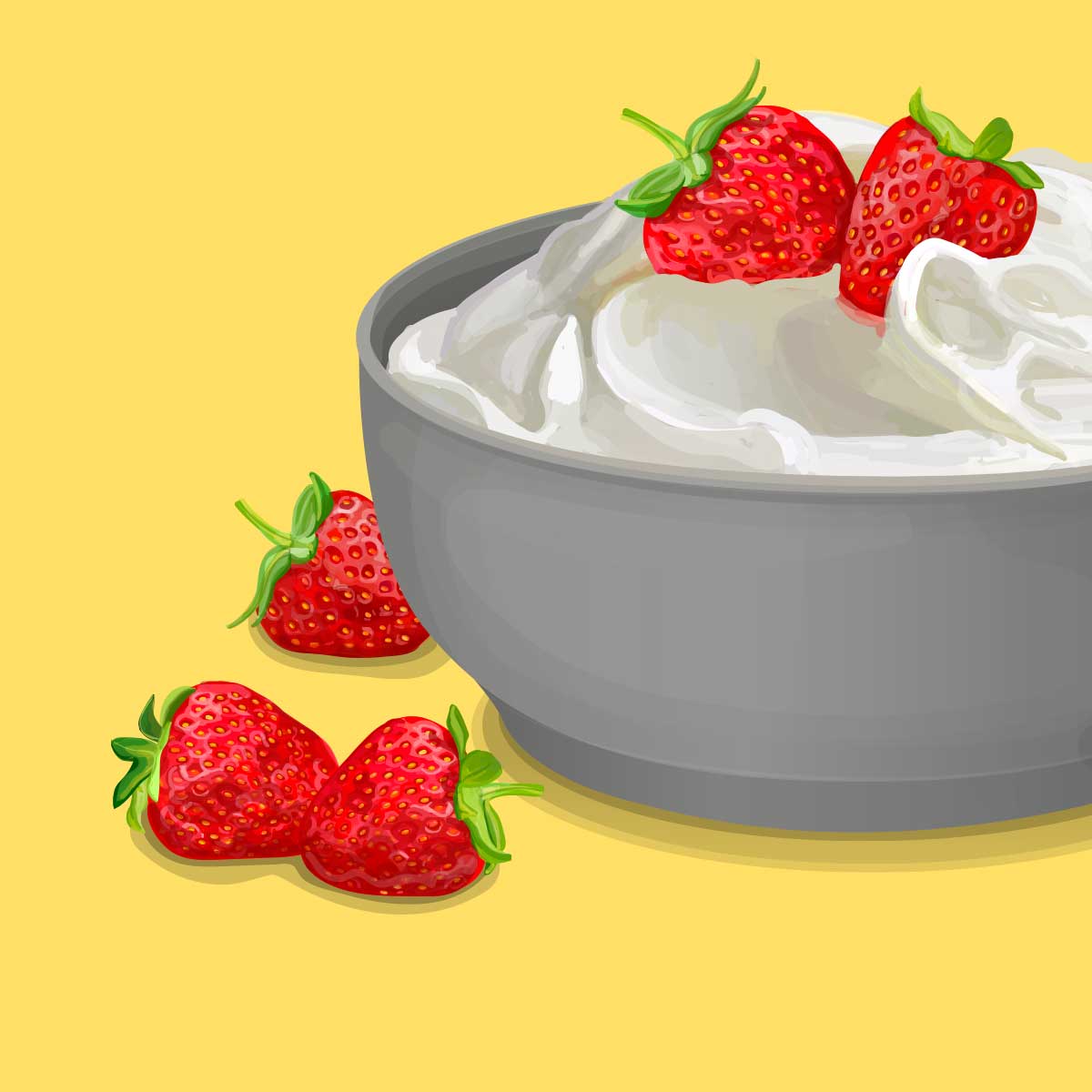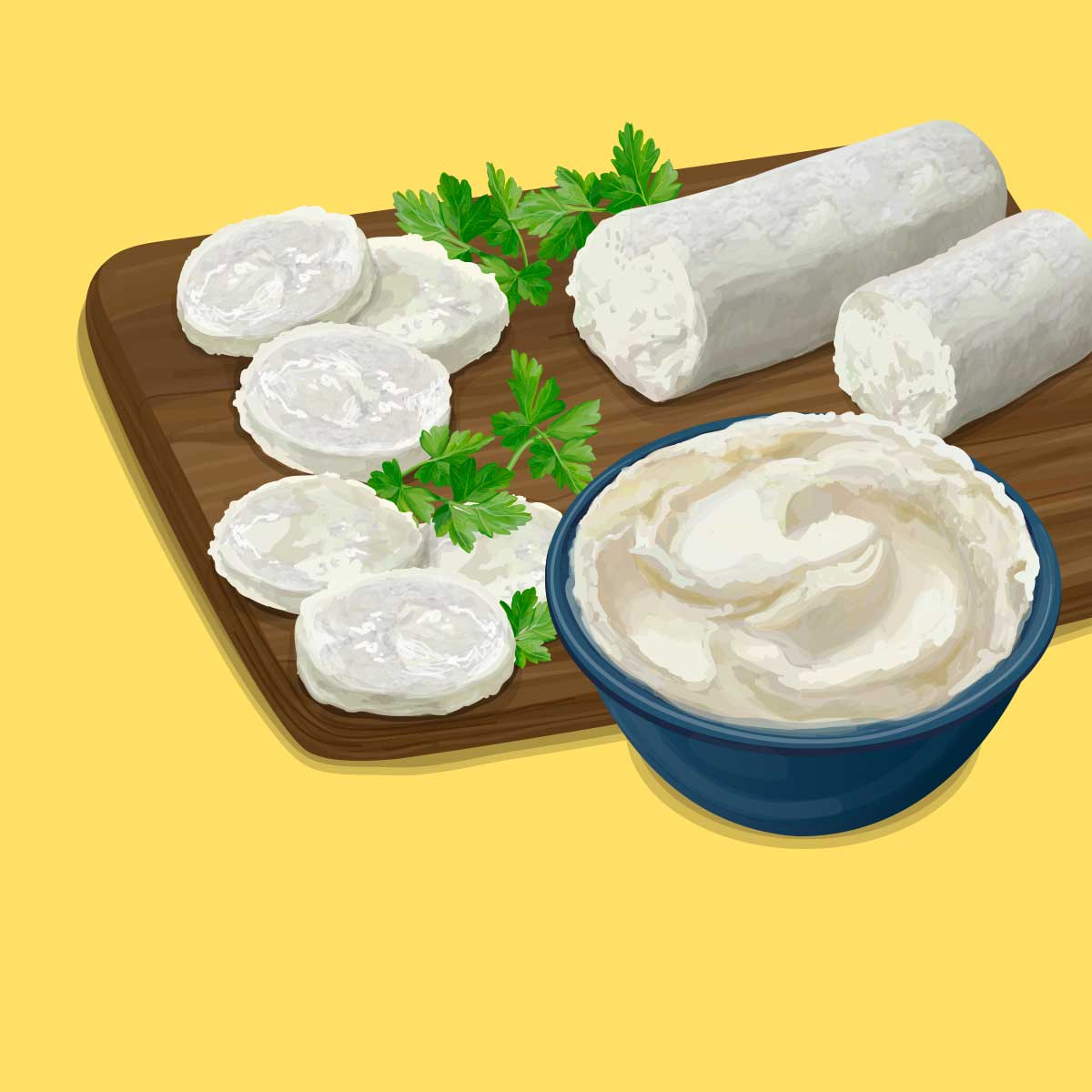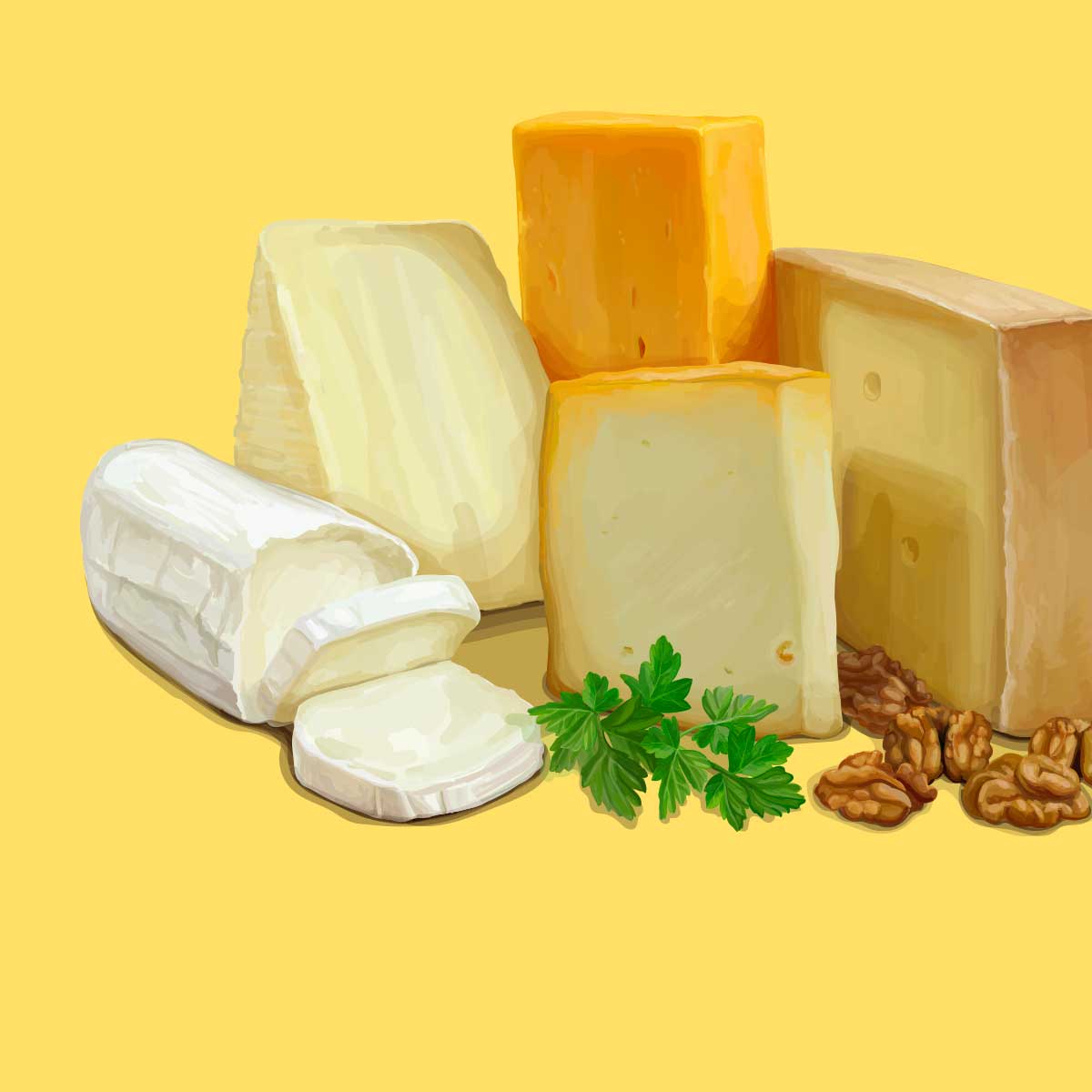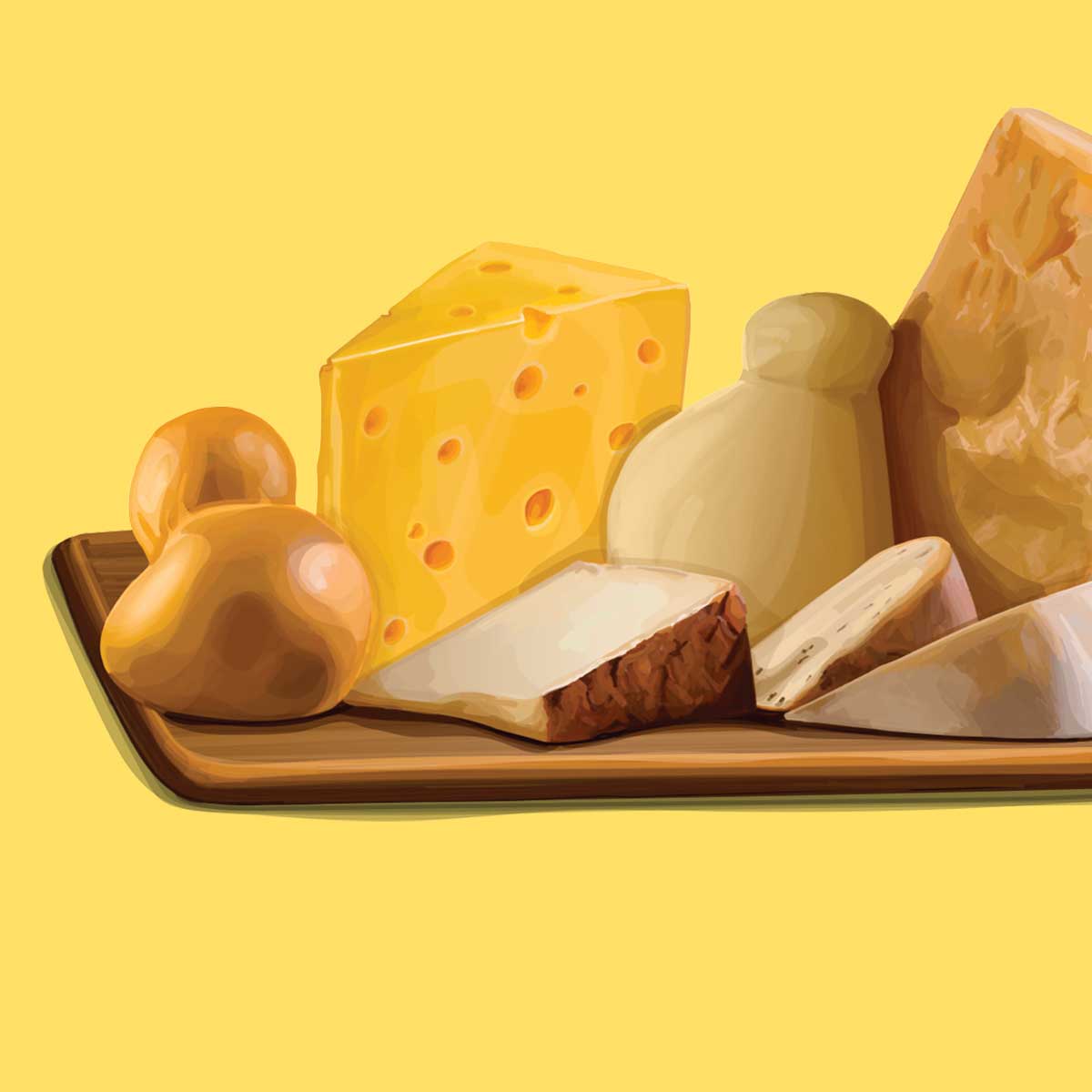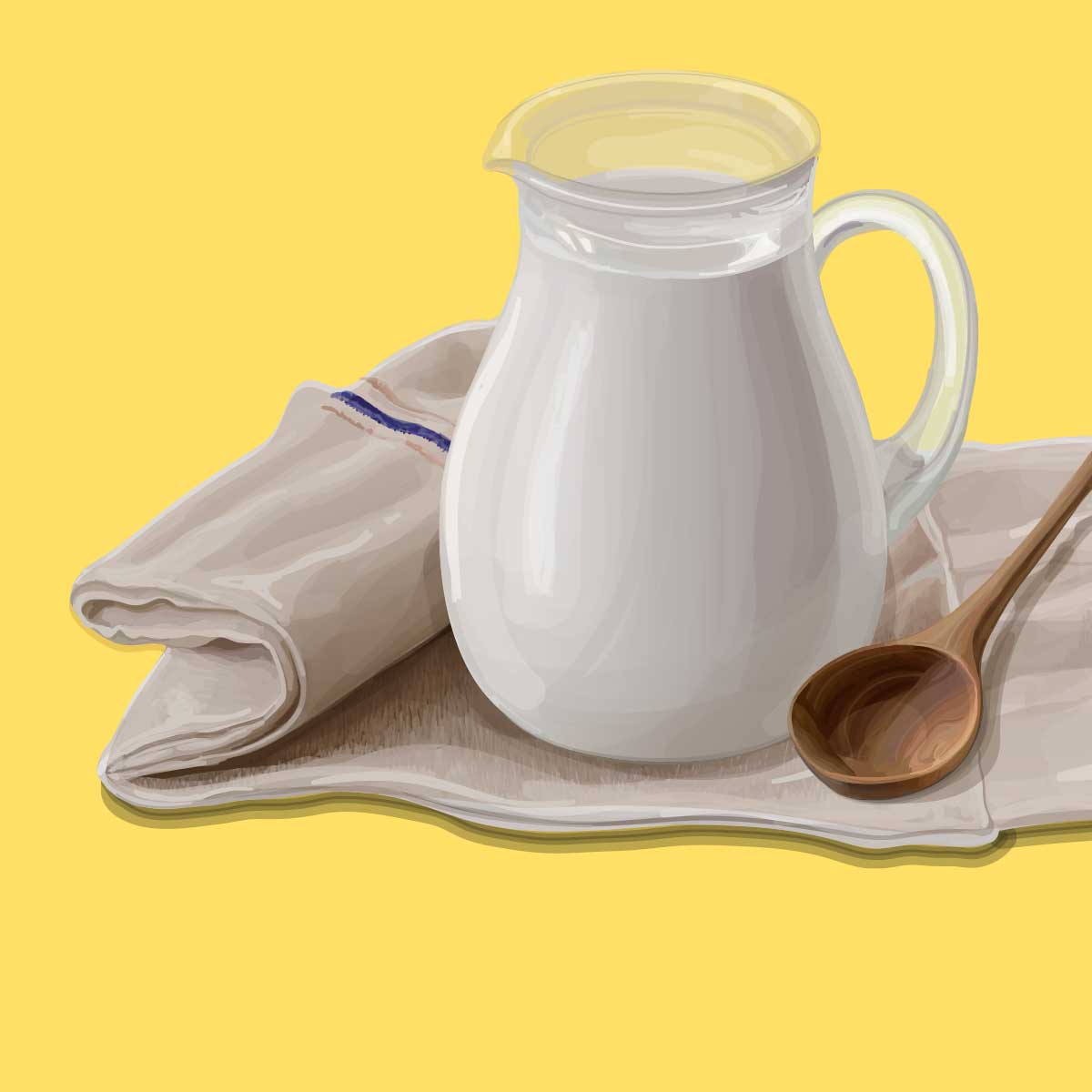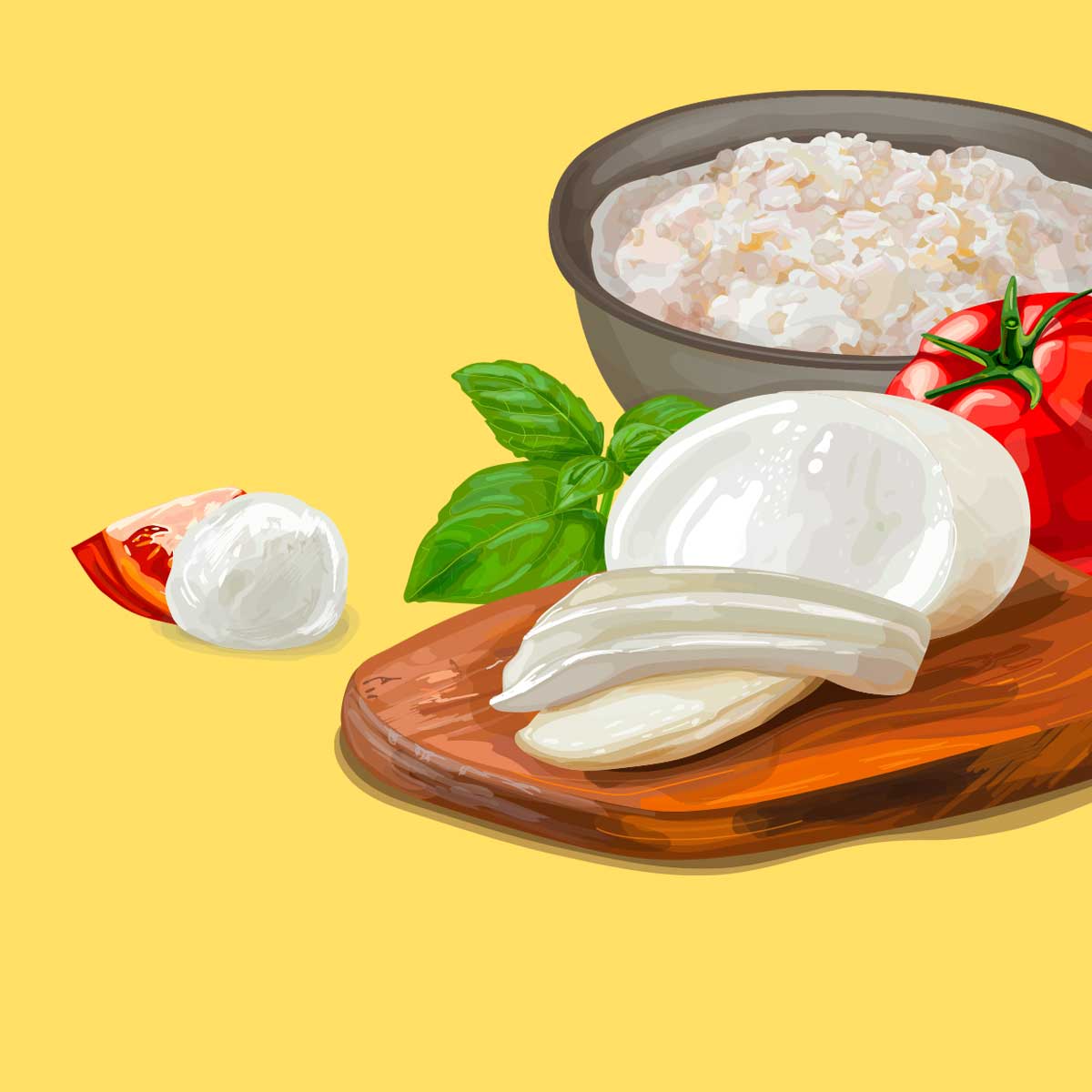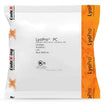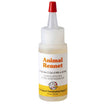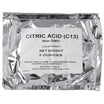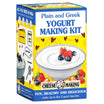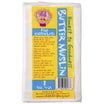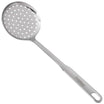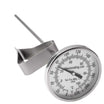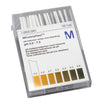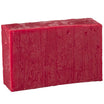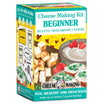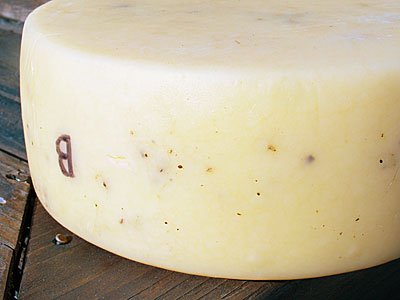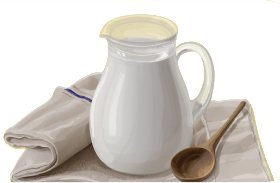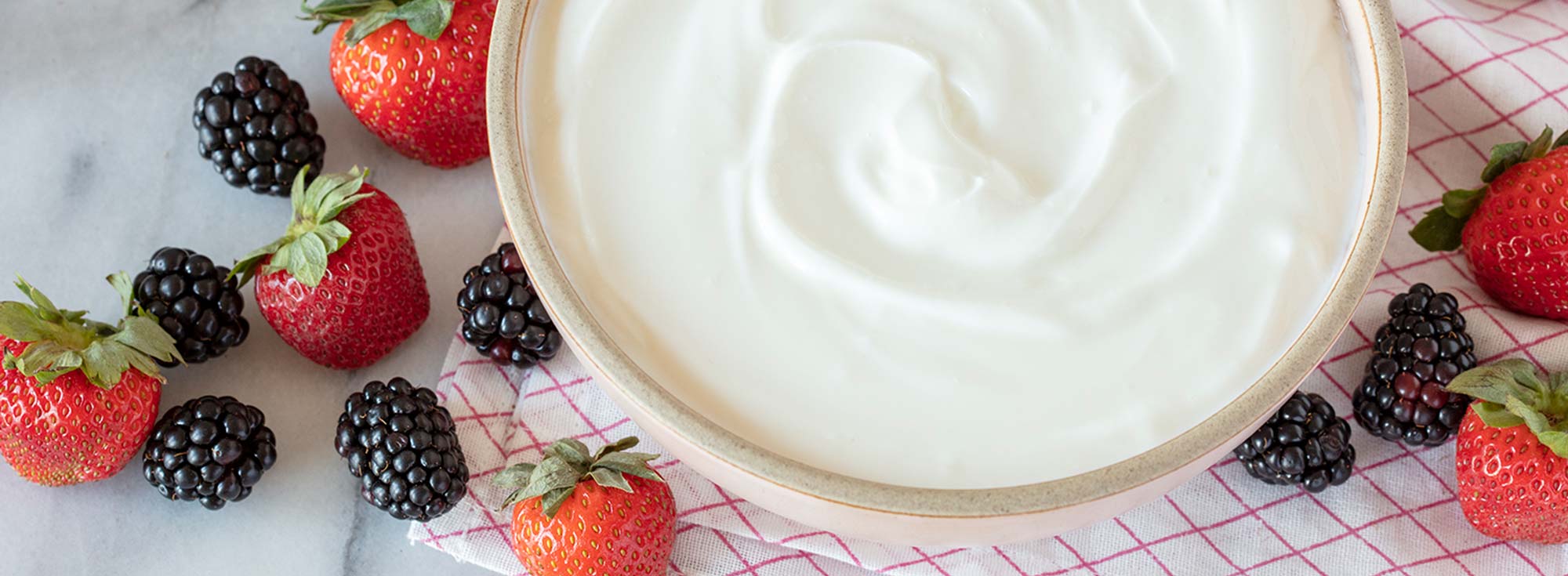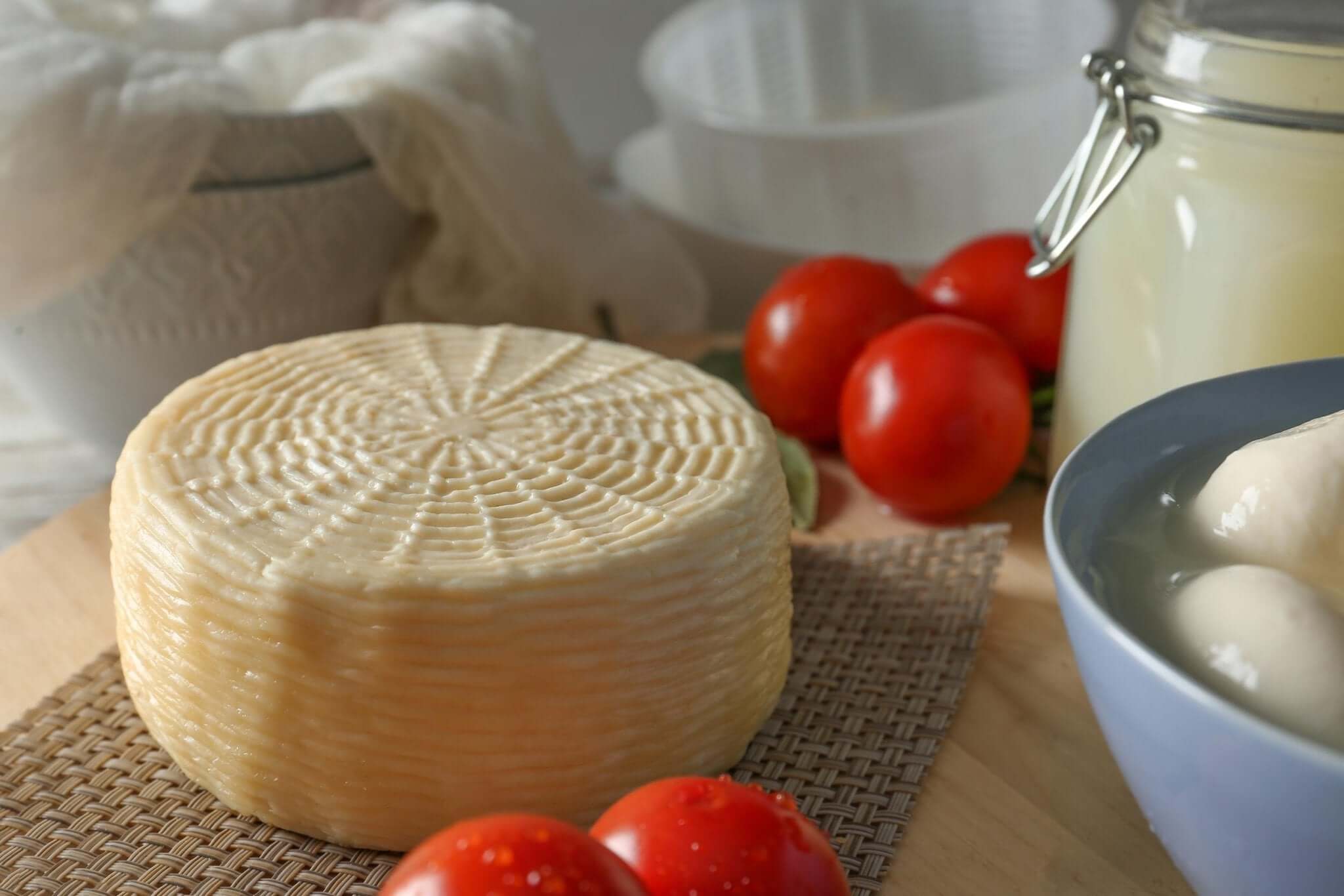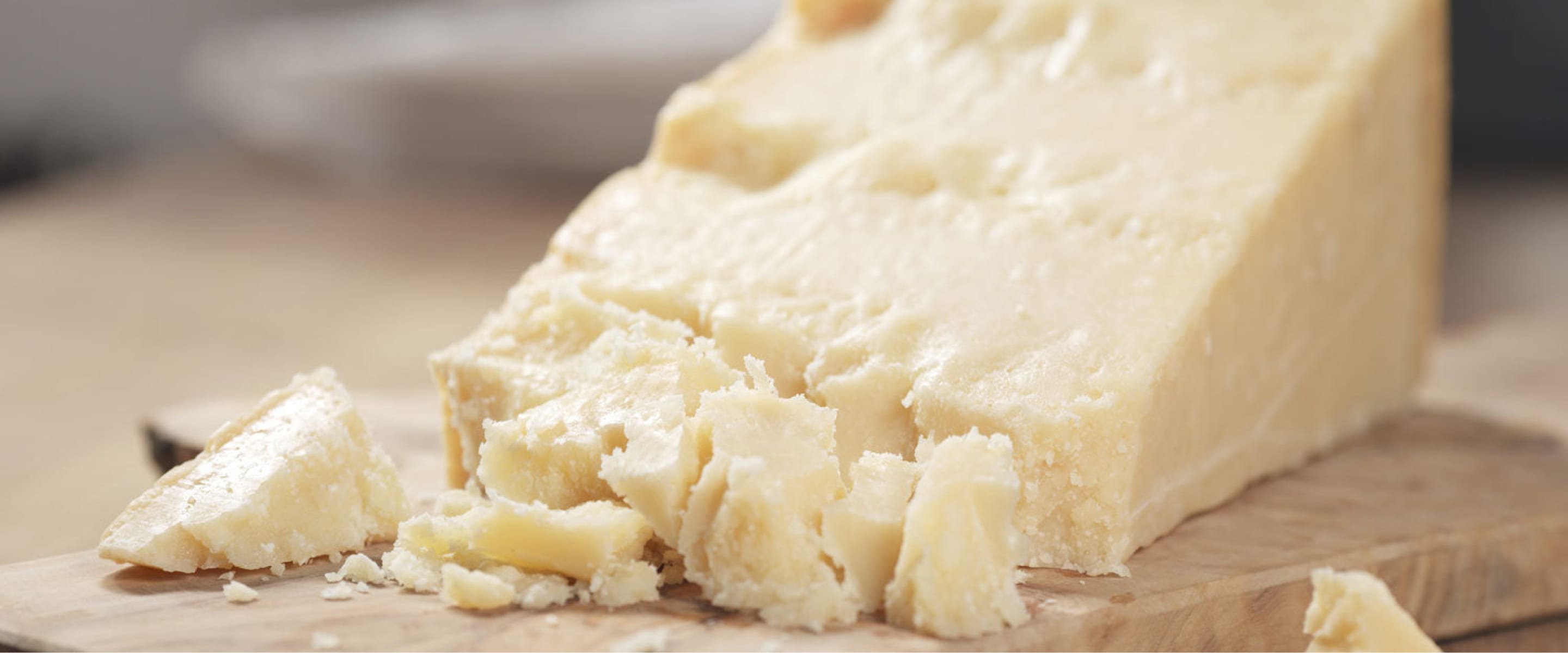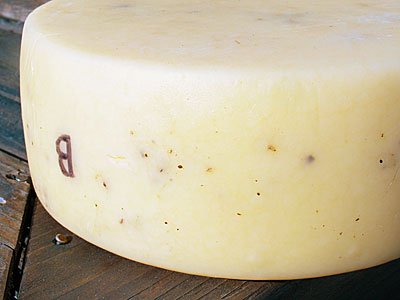
Toscano Pepato Cheese Making Recipe
-
Yield
10 Pounds
-
Aging Time
6+ Months
-
Skill Level
Intermediate
-
Author
Jim Wallace

Ingredients
Total price for selected items: Total price:
Instructions
-

Heat & Acidify Milk
Heat milk to 98F, then add cultures and let ripen for 60-90 minutes. Until TA% .20.
-



Prepare Peppers
While the milk is ripening, prepare the peppers, a light touch is best.
I like to use four, home smoked jalapeños. These are smoked slowly enough to caramelize the sugars, for spicy, smokey & sweet flavors.
Remove seeds from the jalapenos, then chop and rehydrate them.
The peppercorns should be roughly broken, so that you get the bright pepper flavor blended with the cheese.
These two can be mixed and set aside for step 6.
-

Coagulate with Rennet
Following ripening and after the rennet has been added, the milk remains still until you have a firm curd set, about 20 minutes.
-


Cut & Stir Curd
Once set, cut the curd into 3/4" squares and then let rest for 3-5 minutes.
Cut the curd into smaller pieces, with a large whisk, then stir the curd for 10 minutes.
-



Cook Curd
While continuing to stir, heat the curd to 118F over a 30 minute span of time. The curds will want to mat together, to prevent this, continue stirring.
Once heated, continue stirring for another 20 minutes. As you continue to stir the curds more acid will develop, and the curds will continue to lose whey.
After stirring let the curds settle to the bottom of the pot until they reach TA% .16-.18.
Note: By controlling moisture in the final curd you can control the texture of the final cheese.
Softer curds, stirred for a shorter time, will make an early ripening cheese with more moisture that can be enjoyed as early as 2-3 weeks.
Harder curds, stirred longer, will make a longer aging cheese that will be ready in 9-12+ months.
-


Transfer to Cheese Mold
Drain the whey down to the curd level. Transfer the final curd into cheese molds alternating with layers of peppers. Keep the pepper away from the top, sides and bottom for a tight smooth rind. Add pepper in 3-5 layers during molding.
-




Pressing
For pressing, begin with about 8 Lbs weight for 1 hour, at which point the curd mass will begin to set nicely. Next add 25 Lbs of weight for 4-6 hours. Once done, the TA% should be .34 -.36
Once pressed, let the cheese can rest overnight, with no weight. The next morning, the draining whey should be TA% .64-.68 curd pH5.2.
Note: The curds will need to stay warm while pressing and resting, 90-100F.
-

Salting
You will need a saturated brine prepared for salting this cheese, find all of the details you need on brining here.
A simple brine formula is:
- 1 gallon of water
- 2.25 lbs of salt
- 1 Tbs calcium chloride
- 1 tsp white vinegar
- Bring the brine and cheese to 50-55°F before using
The cheese now needs to be set in the brine for about 1-1.25 hours per pound of cheese.
The cheese will float above the brine surface so sprinkle another teaspoon or 2 of salt on the top surface of the cheese.Flip the cheese and re-salt the surface about half way through the brine period.
At the end of the brine bath, wipe the surface and allow the cheese to surface dry for a day or two before aging. The surface will darken somewhat during this time.
-


Aging
After about a week or so the curd mellows and a thin but strong rind forms. Although some specks show at the surface, the added pepper is held within nicely
1 wk. 90-95% RH 52-58F to develop rind then 85% RH wipe with a light brine to keep mold down.
The final aging time will depend on the amount of moisture in the cheese. 2-3 weeks for a moist cheese and 9 months to a year or more for drier more complex cheese.
Note: The extra care and effort needed to prepare a proper tight, clean surface, with few openings for mold to grow will be rewarded in easier maintenance in the cave. Any mold that does develop can easily be brushed away
Cheese Making Supplies
Related Products
You May Also Like



